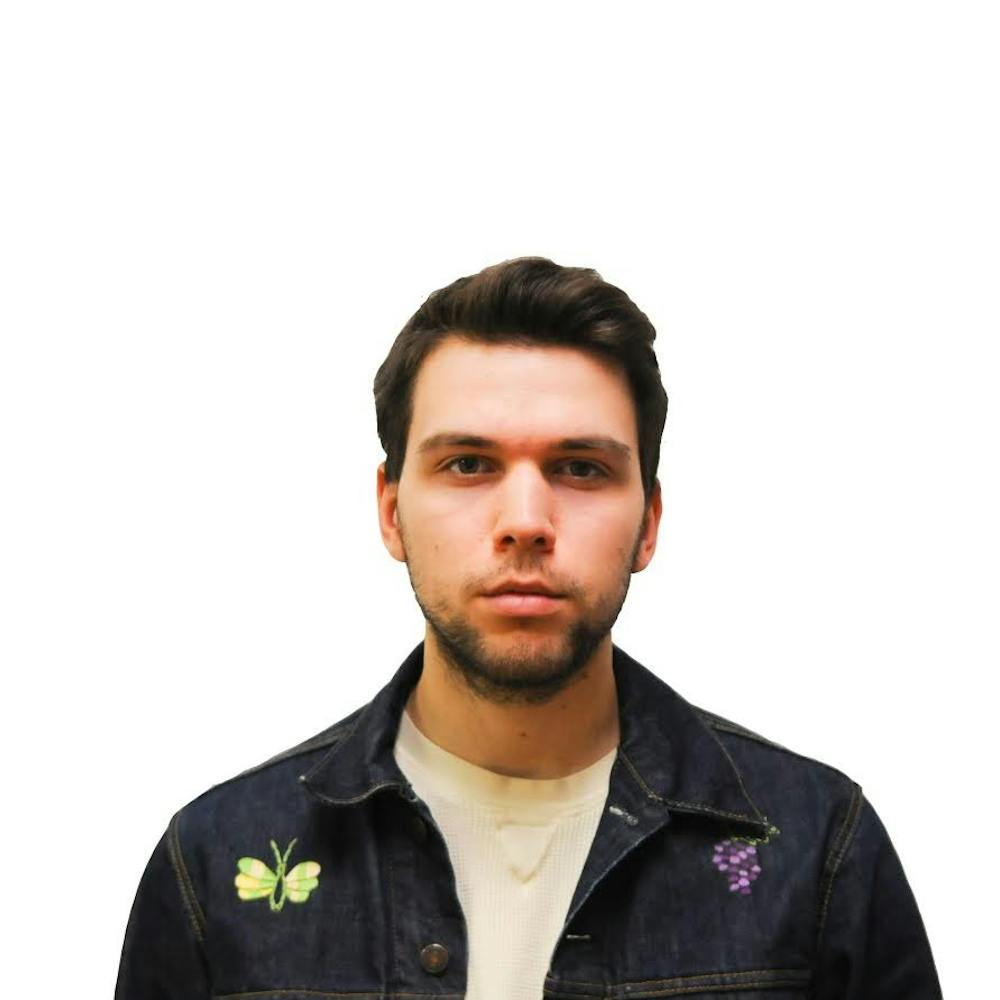Today the word “radical,” sometimes spelled with a capital R, may inspire fear in the hearts of many. From the speakers of our television sets to the news media to our elected officials — or out of the mouths of our own families and friends — “Radical” is commonly used in the United States as a political catch-all term to describe terrorists and/or enemies of the state, when really the definition is more benign. “Radical” actually describes individuals or ideas which seek change in a certain culture or way of life.
This zealous association with terrorism is harmful in that it allows our society to draw negative connotations to the word and therefore avoid its true meaning altogether. I once said I was proud to be a radical thinker to my mom; by that, I meant I was proud to think differently and be critical of the things around me. Even she, as a relatively liberal Democrat, couldn’t see the merit in the word radical and associated it only with negative themes of terrorism and other such connotations.
Today, professors seen as too radical are being put on watch lists by political groups that oppose them. But what are they really doing, besides giving students a more comprehensive understanding of society? This is what being radical truly means. Those who oppose this are only opposing the freedom of thought and expression.
Google dictionary defines “Radical” as “relating to the root of something, in particular.” There are other definitions, but I would like to focus on this as it is closest to the term’s original Latin meaning.
This definition implies that rather than being some sort of bomb-throwing anarchist, a true radical is one who searches for truth, or at least the root of problems they see in society.
Being a “radical” then, by definition, should be synonymous with being a “critical thinker” — a skill which is widely cited as integral for the educational development of individuals and societies by institutions of higher learning.
If we reclaim the true definition of what it means to be radical, we may see all the ways being a radical is crucial to the progress of a free democratic society.
Despite my politics, I have many conversations with those whom I may be diametrically opposed with ideologically. These are often the most enlightening conversations for both sides because they focus on uncovering truth and understanding in the true sense of being radical.
No matter what political sides we may fall on, I am sure we can agree that truth is a virtue.
In American society today, those who are radical are often not considered virtuous in their search for deeper truth. As a matter of fact, they are often marked as traitors. Consider the treatment of whistleblower Edward Snowden as a high-profile example or think of any person who is critical of an American system in a much more common sense — they’re immediately deemed “un-American” or “a commie” or some other pejorative insult. This sort of unconditional nationalistic loyalty is a trap, one which leads to party politics and the rise of demagogues. I’ll spare you evidence for this assertion.
It is clear that today, we need those who search for truth more than ever. We need radical thinkers. It is important even to cultivate a culture that supports and reinterprets this word at Penn; it is important for us because we will be the next round of intellectuals shaping the political landscape of this country and our world’s future. As scholar, activist and Penn alumnus Noam Chomsky wrote in “The Responsibility of Intellectuals,” “It is the responsibility of intellectuals to speak the truth and to expose lies.”
The logical conclusion people come to when they finally see the merit in radical thinking is: “Don’t you ever get tired of being angry?” I have heard other radical professors and mentors discuss this at length. The response is neatly summed up with the following quote from Aldous Huxley’s “Island”: “We don’t despair ... because we know that things don’t necessarily have to be as bad as in fact they have always been.”
Choosing to be passive agents in a system is easy. But we should not stray away from being radical because it is the easy option. It is our moral imperative to use our critical thinking and reasoning to speak truth to power, especially in an age where truth is so hard to find.
MICHAEL PALAMOUNTAIN is a College senior from Philadelphia, studying psychology. His email address is mpal@sas.upenn.edu. “Stranger Than Fiction” usually appears every other Tuesday.









